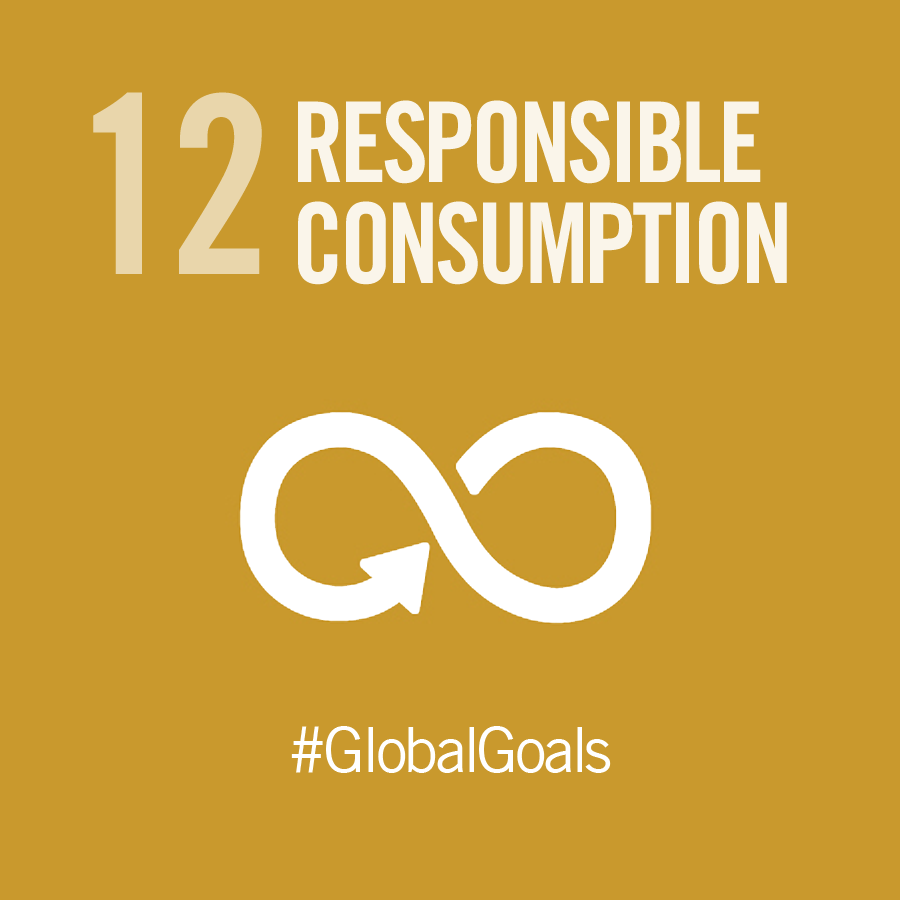This is part three in our #GlobalGoals series. Click here to read part one and here to read part two.
+++
Imagine what you could accomplish in fifteen years – what you could learn, achieve, see, change and experience. Imagine the good you could do, and imagine the bad that could happen from not taking action when you should have.
This weekend, the leaders of all of the 193 United Nations member countries will get together to agree on a plan for the next fifteen years and they have their eyes on some pretty big things. Mainly, ending extreme poverty, fighting inequality and injustice, and fixing climate change. Big is right.
On September 25, the leaders will commit to 17 Sustainable Development Goals, or #GlobalGoals, in order to accomplish these three objectives. We’re behind them 100 percent and have a particular fondness for a few of the global goals. Namely, ending hunger, promoting health and well-being for all ages and ensuring sustainable consumption.

#GlobalGoals: Responsible Consumption
According to the UN, “sustainable consumption and production is about promoting resource and energy efficiency, sustainable infrastructure, and providing access to basic services, green and decent jobs and a better quality of life for all.” It means being conscious of our food systems – their strengths and vulnerabilities – and taking steps to ensure we don face global food shortages in the future. It means reducing food and resource waste, and .being carful stewards of our non-renewable resources, including gas, coal and petroleum, and doing what we can to offset our environmental footprint.
Global resource waste is a huge problem. Consider the following:
- Each year, an estimated one third of all food produced (roughly 1.3 billion tons, estimated ate $1 trillion) is wasted and ends up rotting in the in the homes of consumers and retailers, or spoils because of poor transportation and harvesting practices
- Less than 3 percent of the world’s water is drinkable, of which 2.5 percent is frozen. We therefore are relying on only ½ a percent of the global water to meet our needs. Even more, we are polluting our water faster than nature can recycle and purify water in rivers and lakes.
- Only one fifth of the world’s energy consumption comes from renewable resources. If this rate continues as the global population rises, reaching 9.6 billion by 2050, we will need the equivalent of nearly three planets to provide the natural resources we need to keep our current lifestyle
By taking proactive steps and measures, these facts can change.
Over the next fifteen years, the UN has set a series of targets to combat this waste and achieve their responsible consumption goals. These targets include expanding the agricultural production of small-scale farms, providing the tools and resources farms needed to remain productive, increase investment in rural infrastructure and promote sustainable farming practices
At Lifeway, we’ve already adopted many of these practices in our business structure. We source our milk from regional cooperatives and rely on local vendors whenever possible, which ensures the local economy benefits from our business. By sourcing everything as close to home as possible, we also cut down on our carbon emissions, which keeps the air and soil cleaner. Finally, by promoting sustainable farming practices, we help ensure the long-term success of our farms, as well as the long-term health of the environment.
We’re always working to keep our environmental impact minimal, be it by buying renewable energy credits, by using BPA-free recyclable and reusable packaging, or by staying as local as we can. We’re committed to being as responsible with our consumption as possible – today and fifteen years from now.
There are 17 Sustainable Development Goals global leaders are committing to this weekend and we want to know what is important to you! Share with us the issues you’re concerned about by tweeting with the hashtags #GlobalGoals and #AndMe, or let us know your thoughts by visiting us on Facebook or Instagram.
“Natures provides a free lunch, but only if we control our appetites.” – William Ruckelshaus